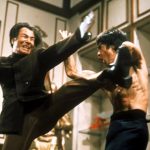The Godfather (1972)
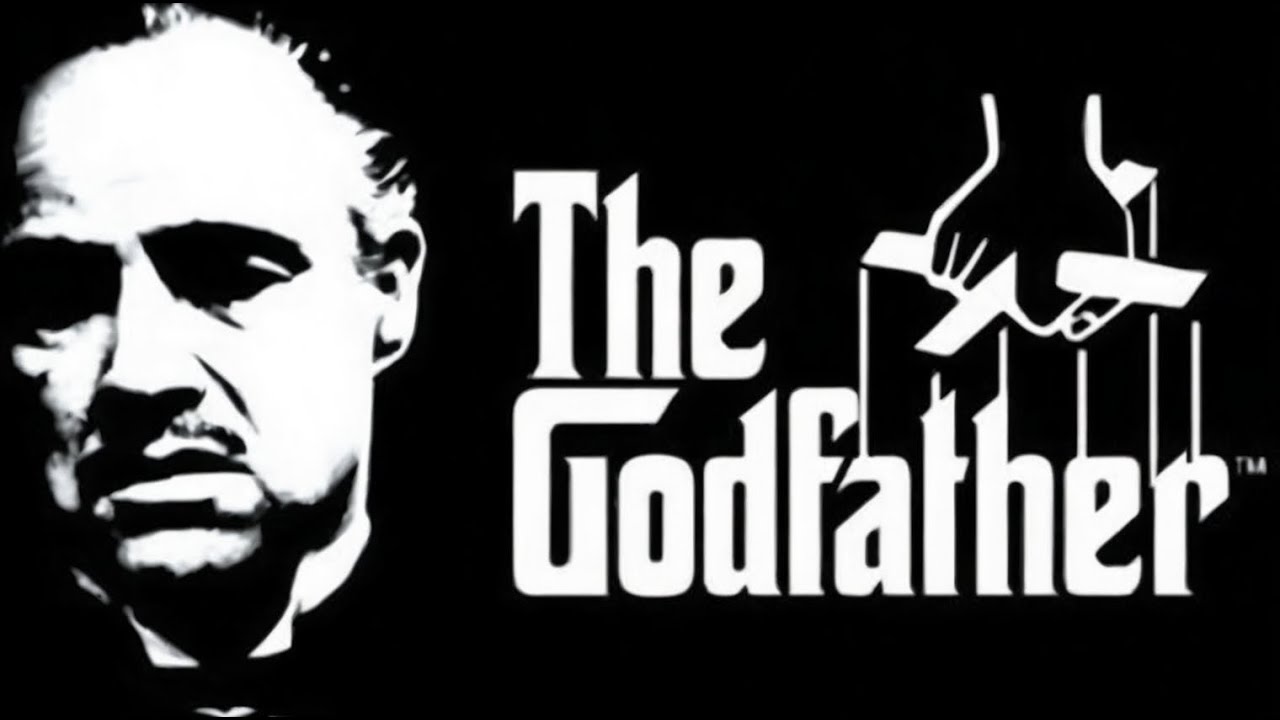
The Godfather (1972) is a landmark film in American cinema, directed by Francis Ford Coppola and based on Mario Puzo’s novel of the same name. Renowned for its profound narrative, complex characters, and stunning cinematography, the film explores the intricacies of power, loyalty, and the American Dream through the lens of the Italian-American mafia.
Plot Overview
Set in the 1940s and 1950s, The Godfather follows the powerful and influential Corleone family, led by patriarch Vito Corleone (Marlon Brando), also known as the Godfather. The film opens with the wedding of Vito’s daughter, Connie (Talia Shire), where we are introduced to the sprawling network of family and friends that surround the Corleones. As the wedding celebrations unfold, the dynamics of the family and their connections to the criminal underworld become apparent.
Vito Corleone is a shrewd and respected figure in the world of organized crime, known for his wisdom and reluctance to engage in drug trafficking. However, the arrival of a powerful drug lord, Sollozzo, who seeks Vito’s support for a lucrative heroin operation, sets off a chain of events that will change the family’s fate forever. Vito’s refusal to enter into the drug trade leads to an assassination attempt on his life, leaving the family vulnerable and prompting his youngest son, Michael (Al Pacino), to step into the criminal world.
Michael, initially a war hero and a man of principle, becomes increasingly drawn into the family’s operations as he grapples with loyalty to his father and the violent realities of mob life. His transformation from an innocent outsider to a calculating leader is a central theme of the film, illustrating the corrupting influence of power and the moral compromises required to maintain it.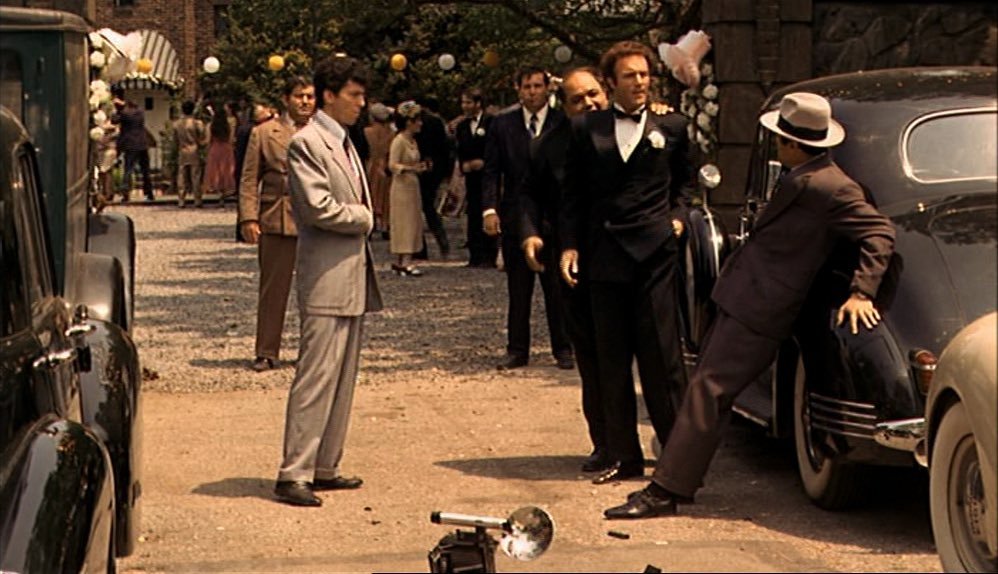
Key Themes
The Godfather explores several profound themes, including power, loyalty, and the complexities of family dynamics. The film examines the duality of the American Dream, portraying the Corleones’ rise to power as both a pursuit of success and a descent into moral ambiguity. The notion of family loyalty is tested throughout the narrative, as characters must navigate the treacherous waters of betrayal, revenge, and honor.
The film also delves into the idea of identity and transformation, particularly through Michael’s character arc. His journey illustrates how the pressures of family and the desire for acceptance can lead individuals to make choices that conflict with their principles. The transformation of Michael from a reluctant participant to the ruthless head of the family serves as a cautionary tale about the seductive nature of power.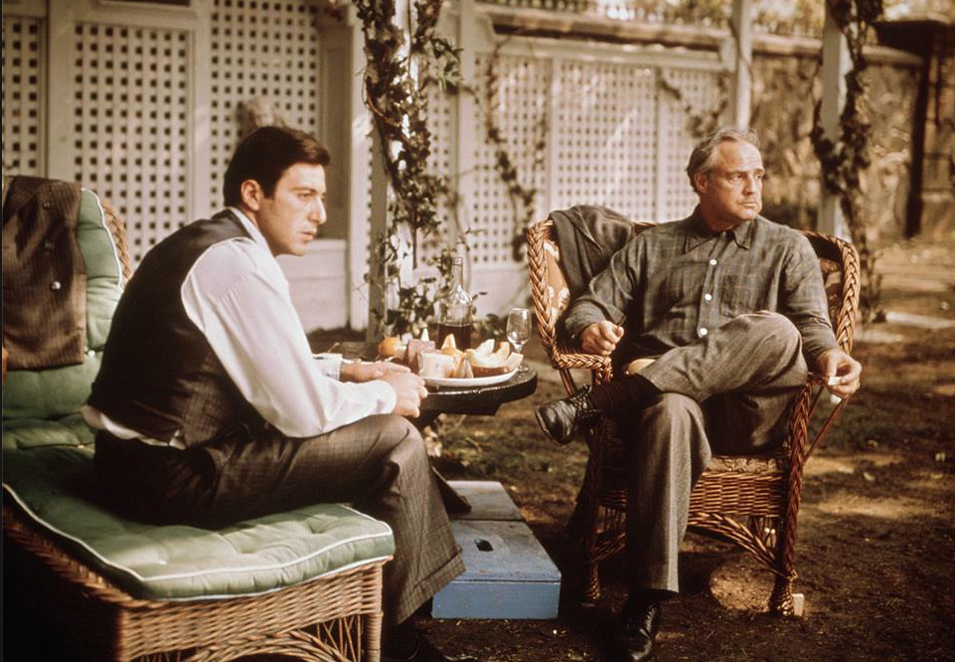
Cinematic Techniques
Coppola’s direction is masterful, employing a mix of intimate character moments and grand, operatic storytelling. The film’s cinematography, crafted by Gordon Willis, is notable for its use of shadow and light, creating a visually striking atmosphere that enhances the film’s themes of darkness and morality. The iconic score by Nino Rota complements the narrative, with haunting melodies that evoke both beauty and tragedy.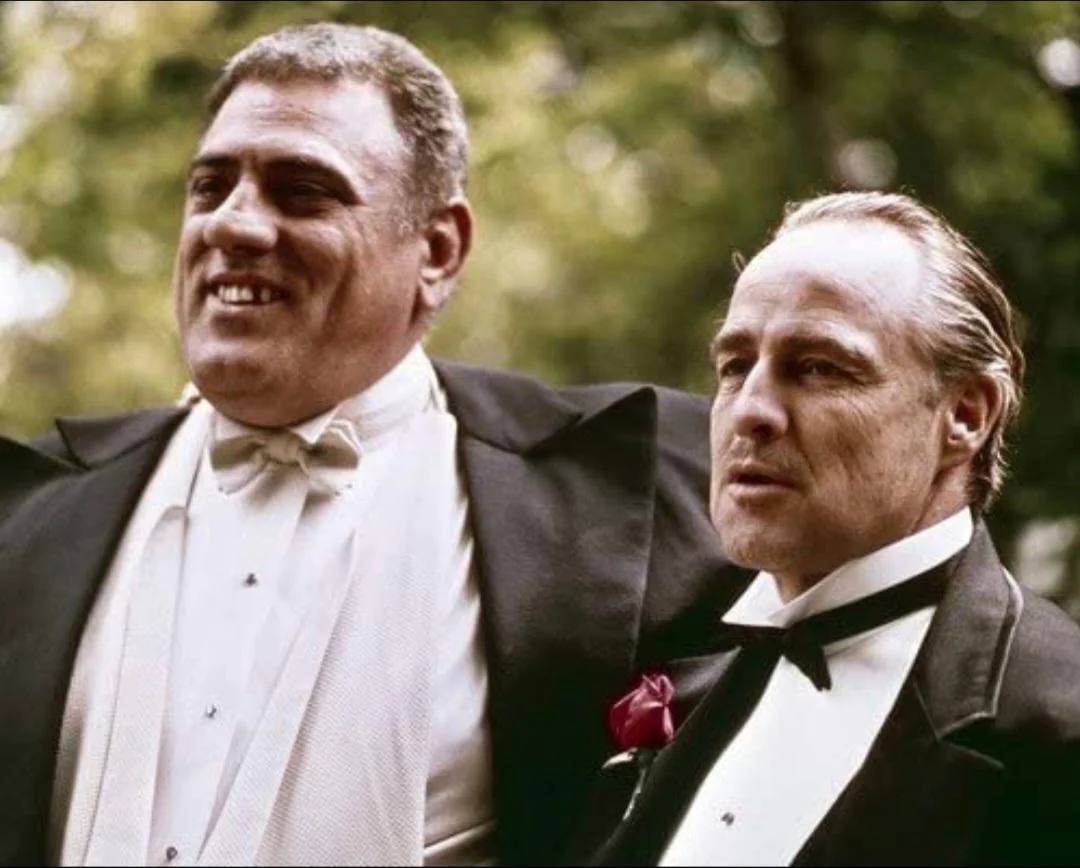
Legacy and Impact
The Godfather received widespread critical acclaim upon its release and went on to win three Academy Awards, including Best Picture, Best Actor for Marlon Brando, and Best Adapted Screenplay. The film has left an indelible mark on popular culture and has influenced countless filmmakers and writers.
Its exploration of organized crime has become a reference point in cinema, leading to the creation of sequels, spin-offs, and a lasting legacy within the genre. The film’s memorable quotes, characters, and scenes have entered the lexicon of film history, solidifying its status as one of the greatest films of all time.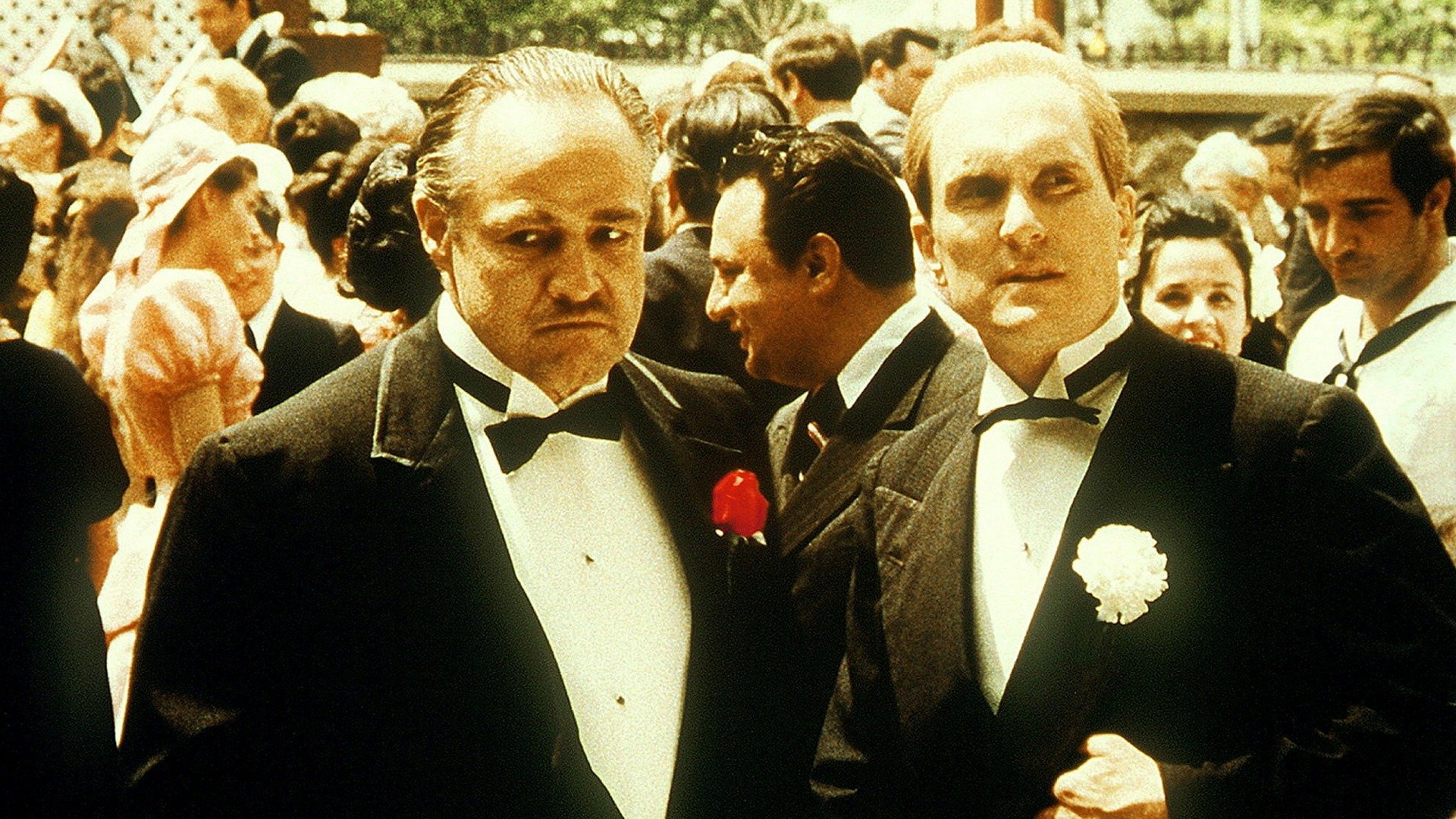
Conclusion
The Godfather (1972) is a cinematic masterpiece that transcends its genre, offering a profound exploration of power, family, and the human condition. With its rich storytelling, complex characters, and striking visuals, the film continues to resonate with audiences, ensuring its place in the annals of film history. As viewers experience the world of the Corleone family, they are invited to reflect on the moral complexities of loyalty, ambition, and the price of the American Dream.
